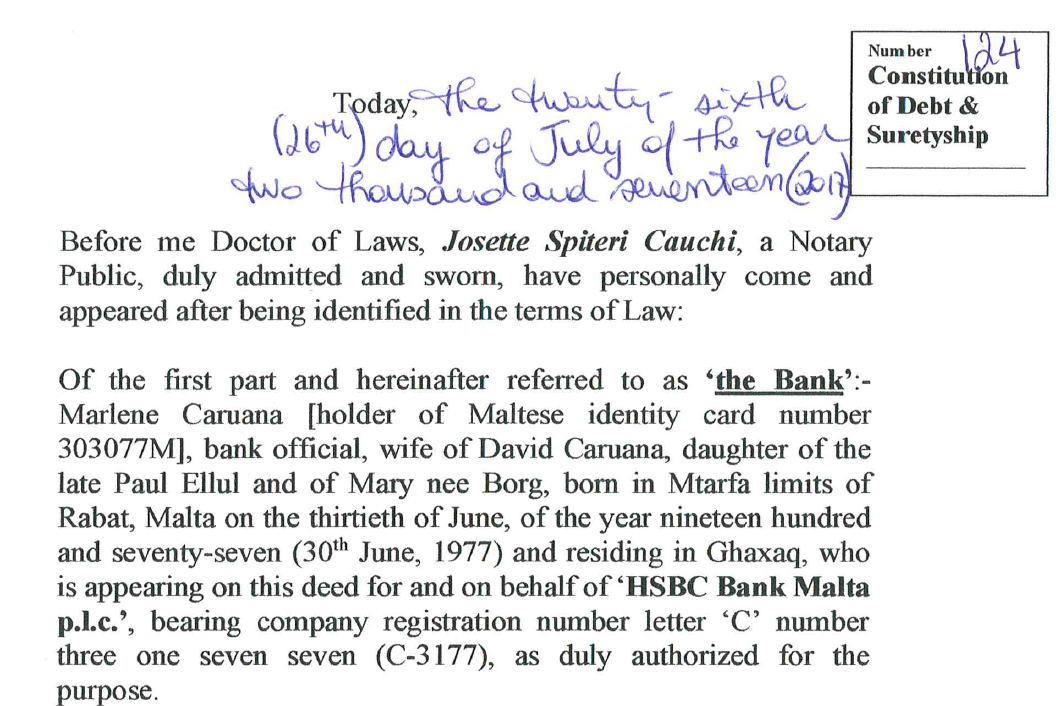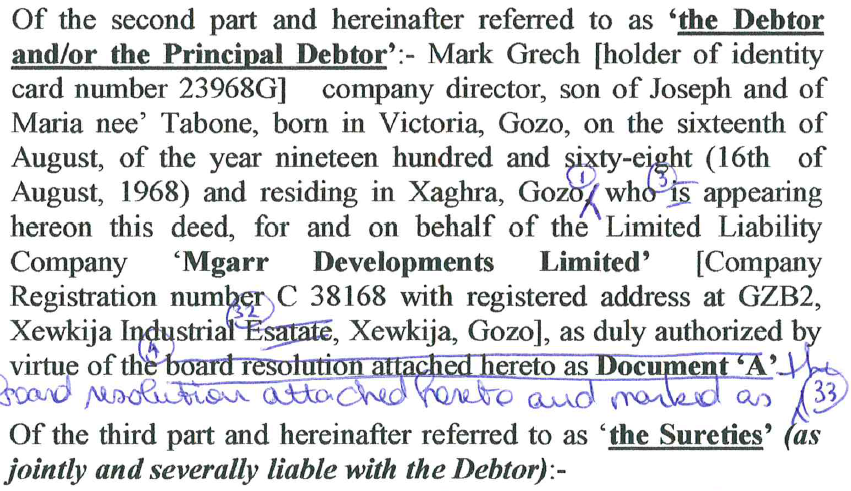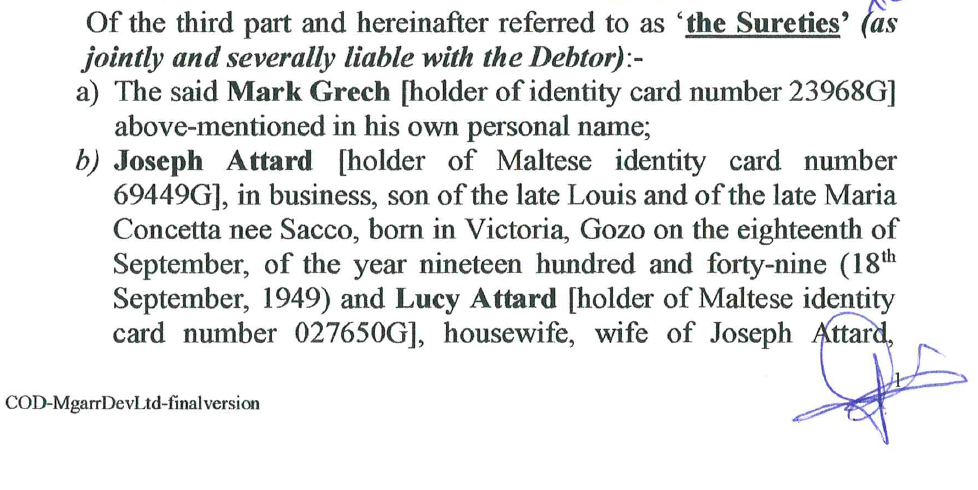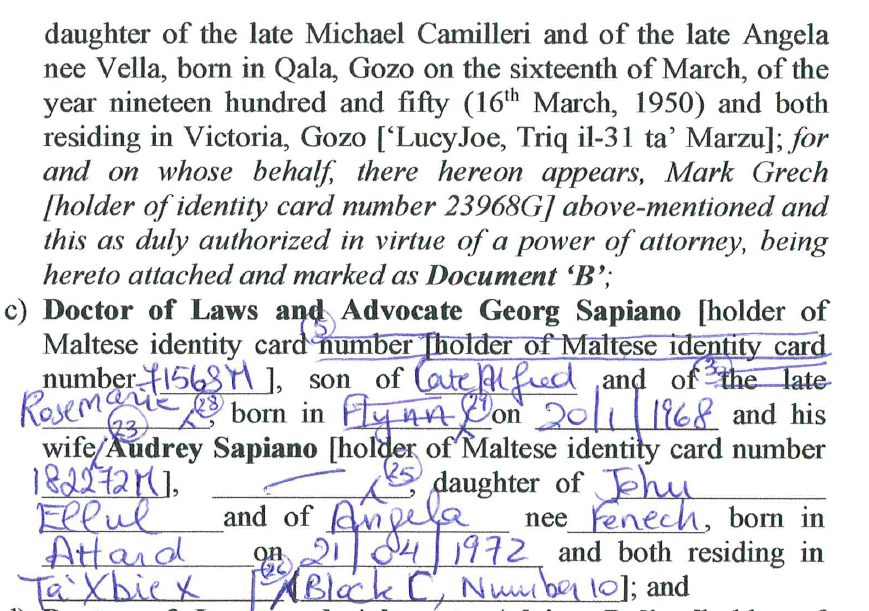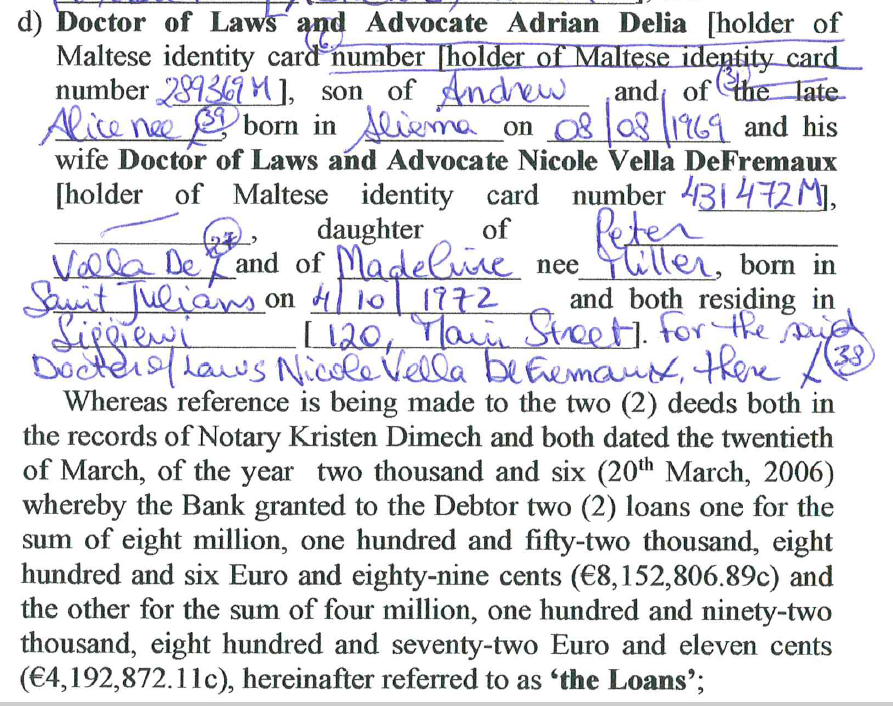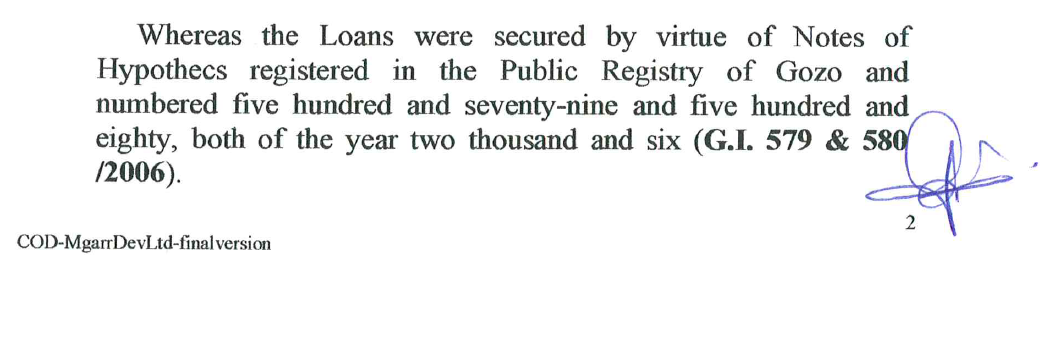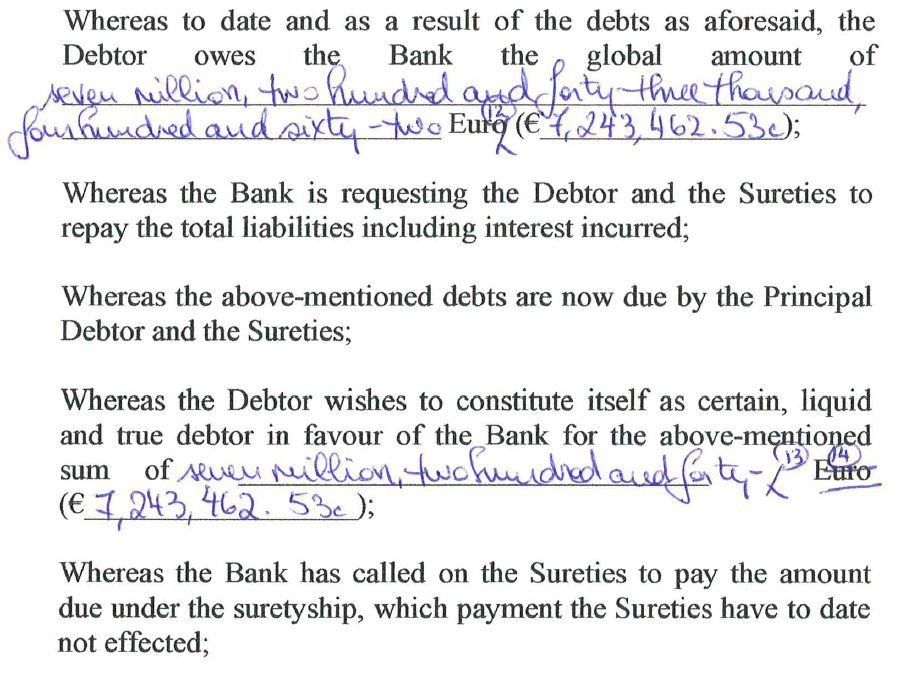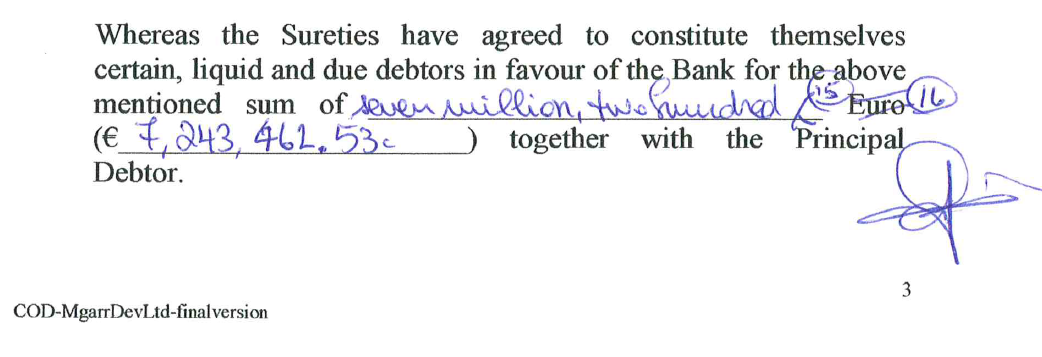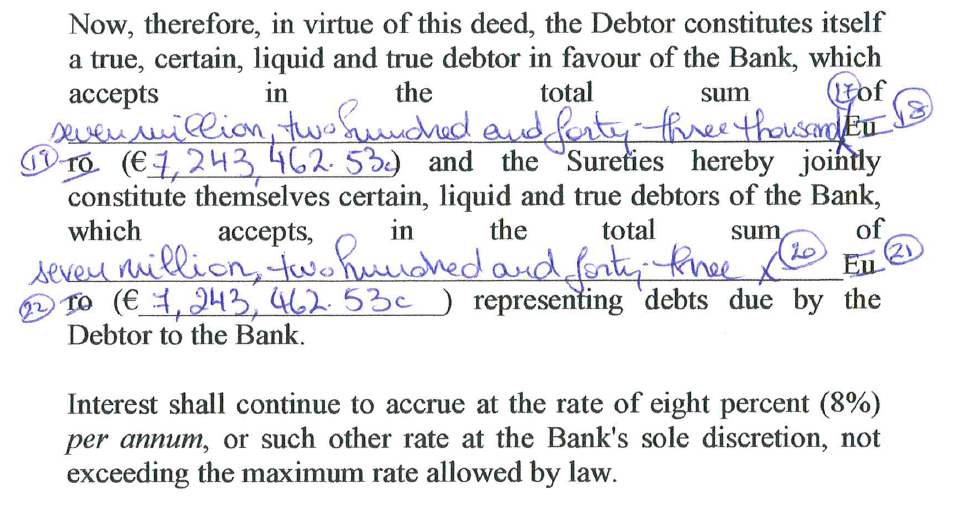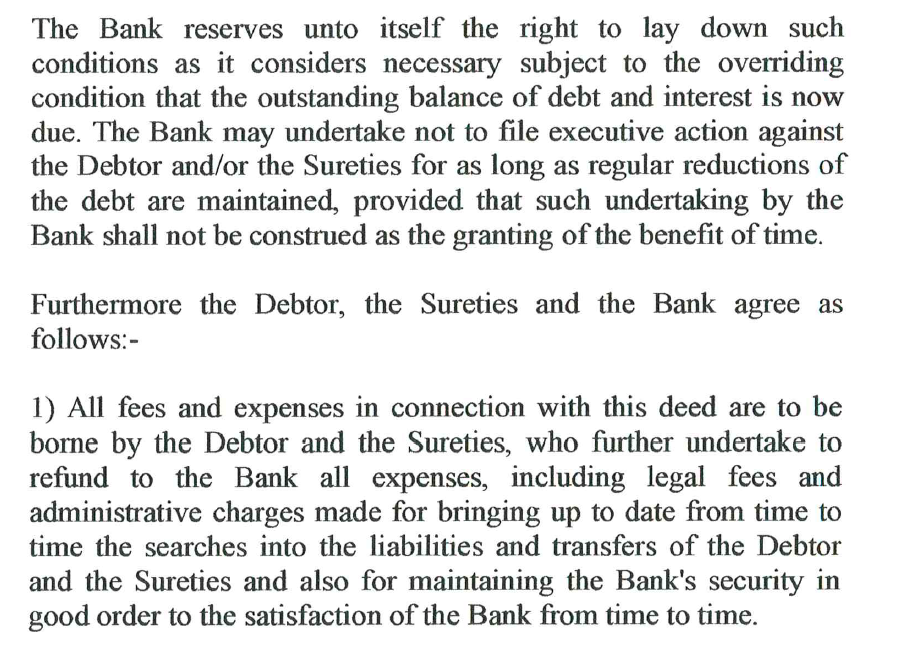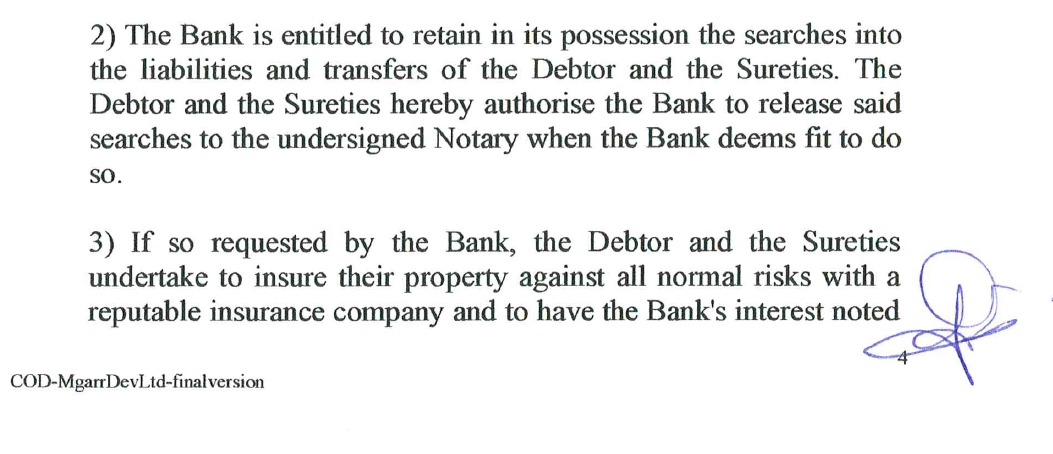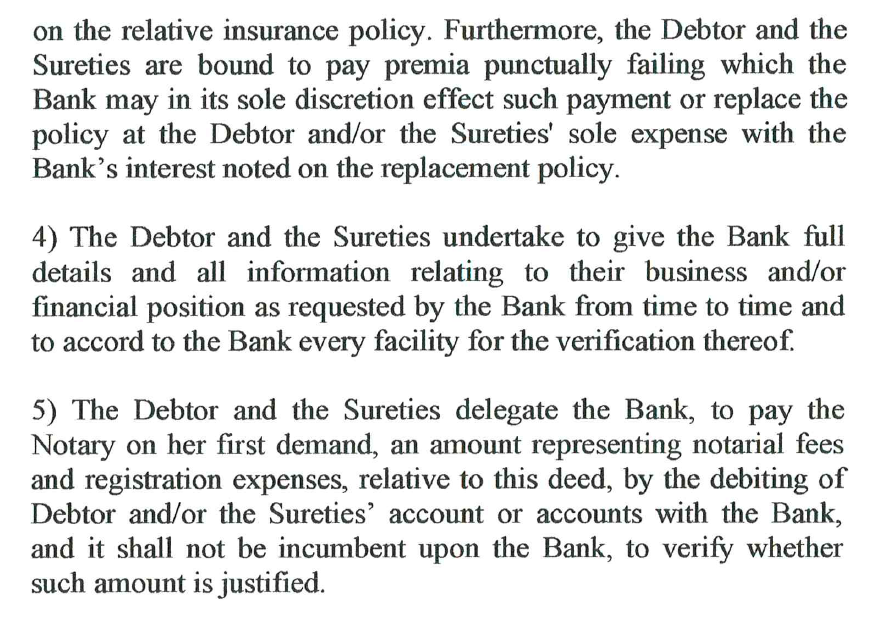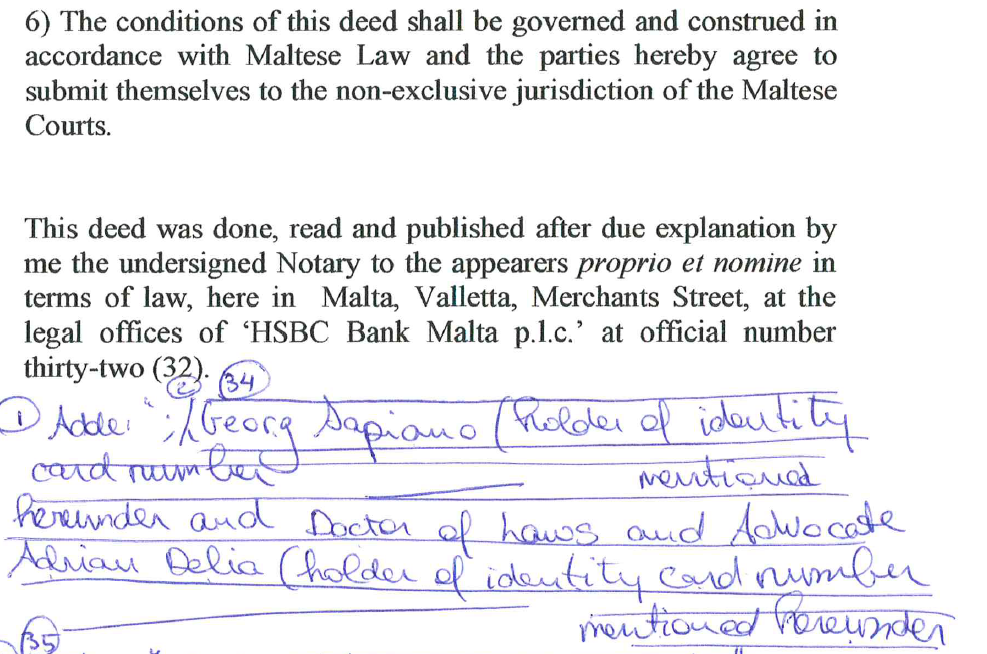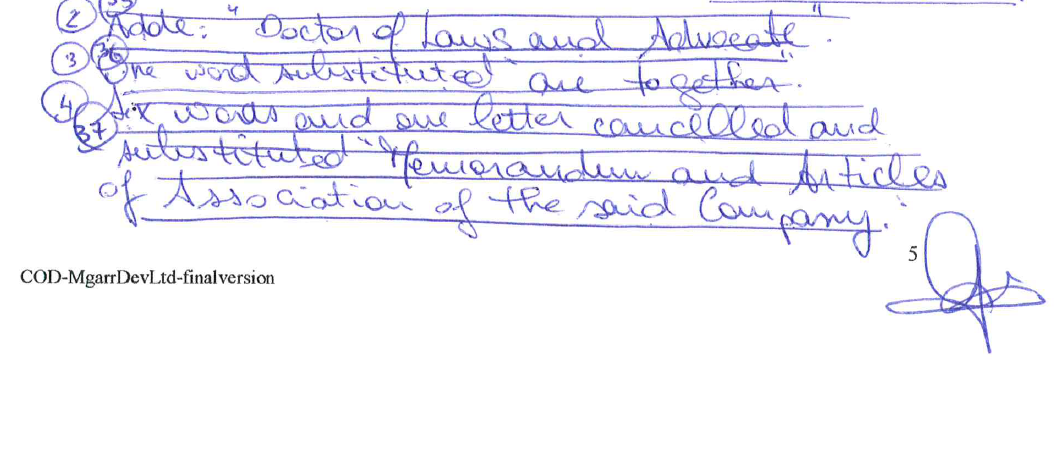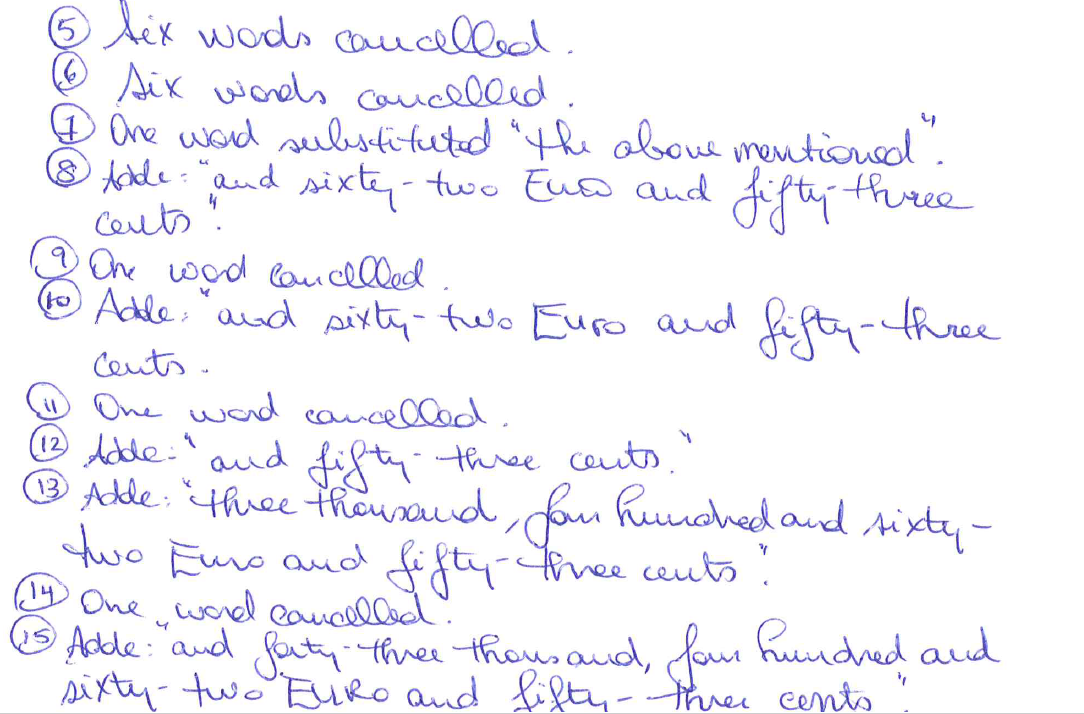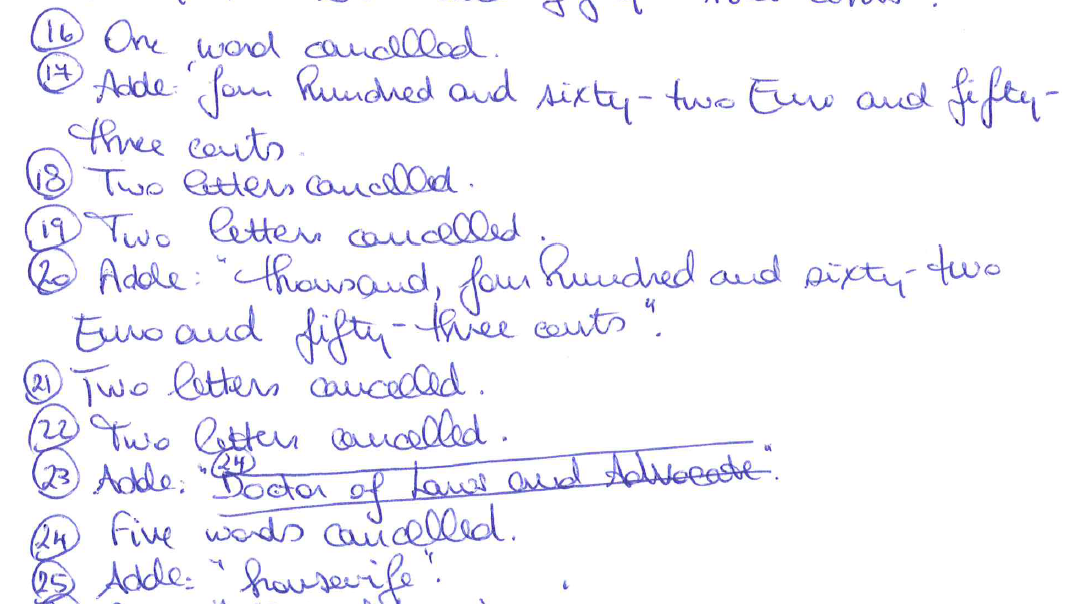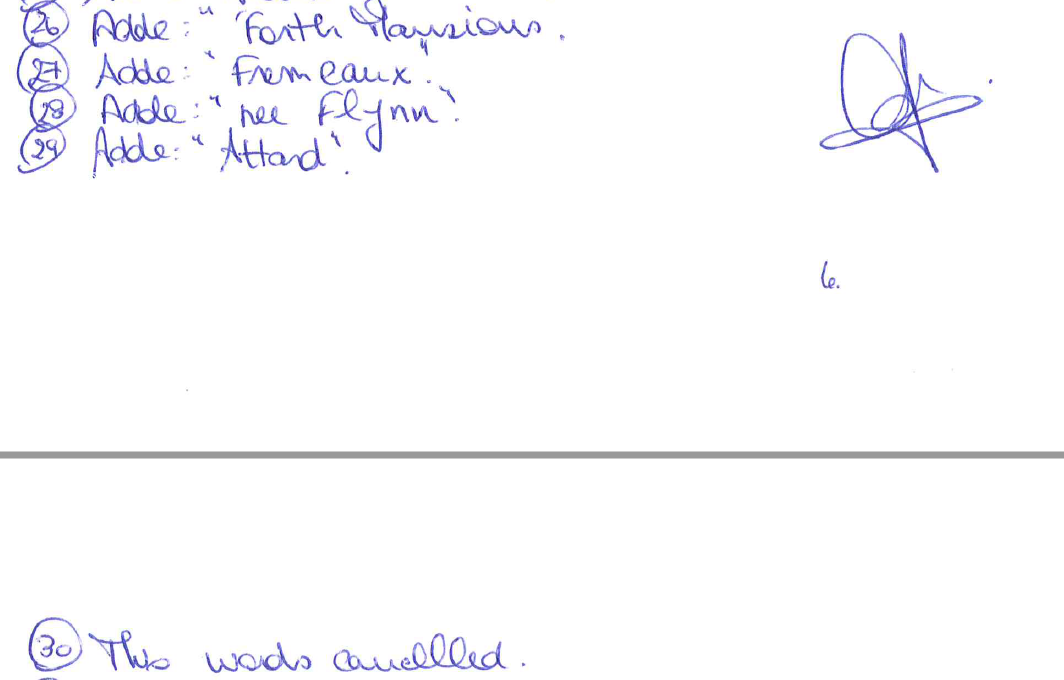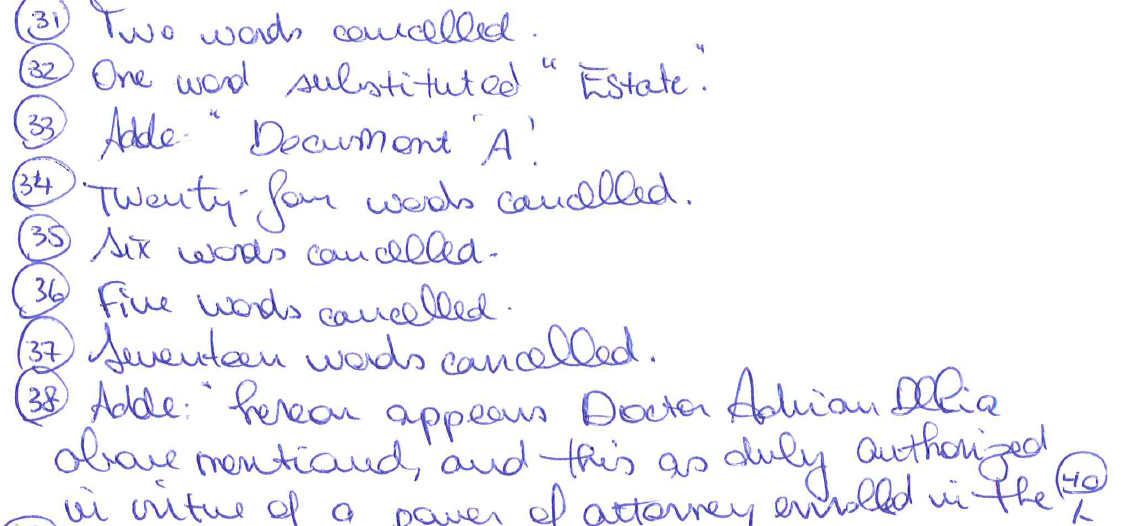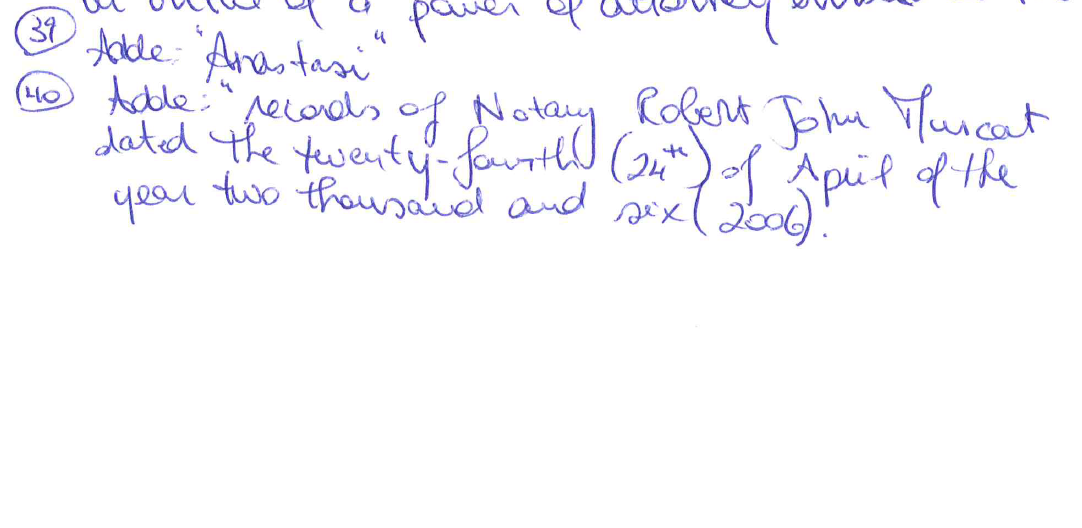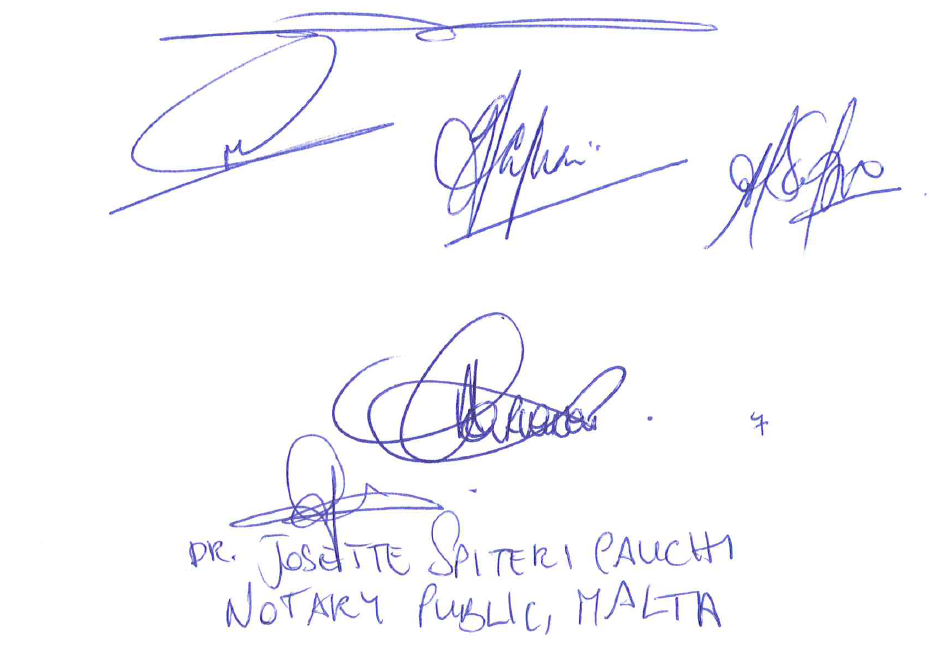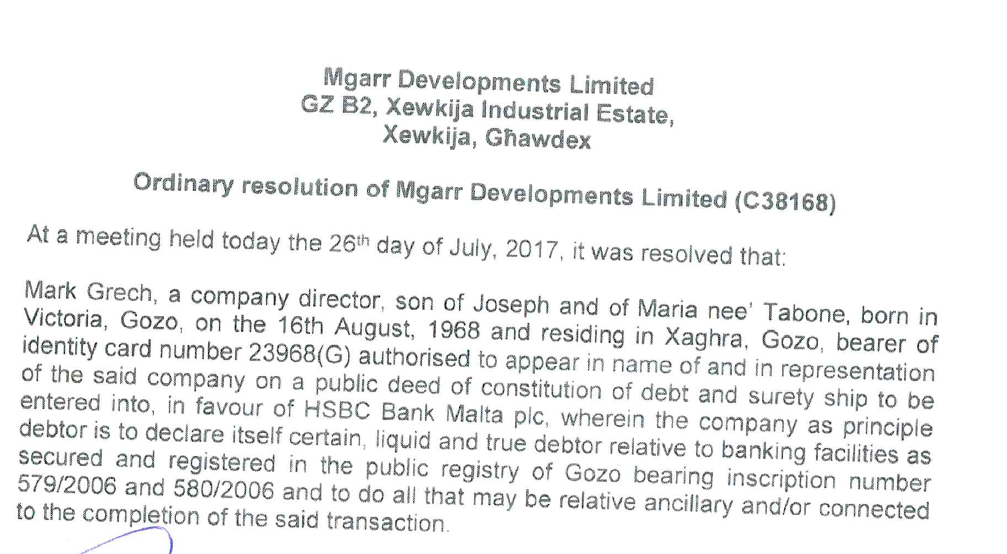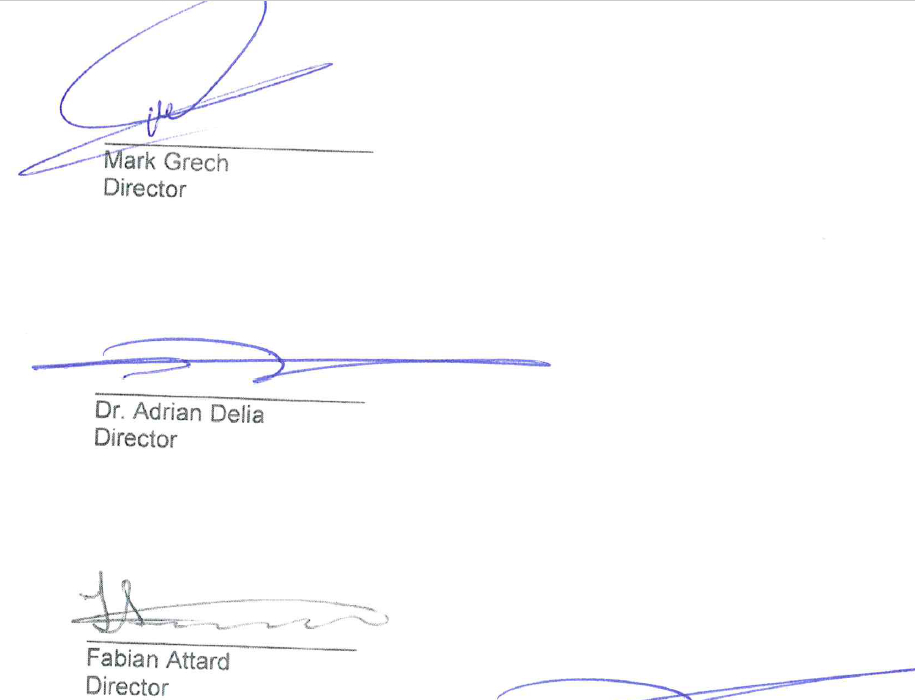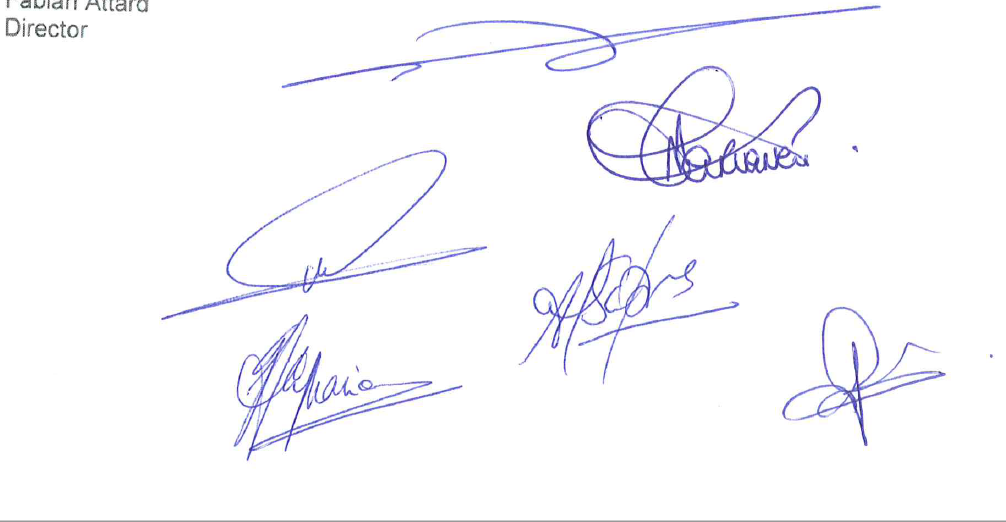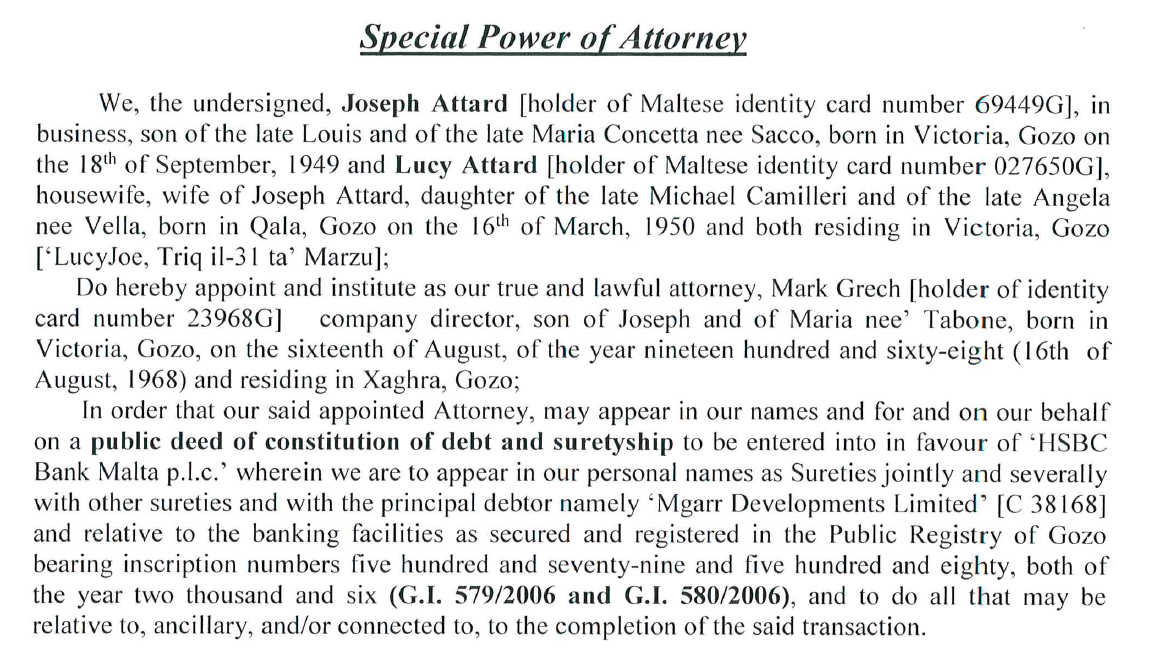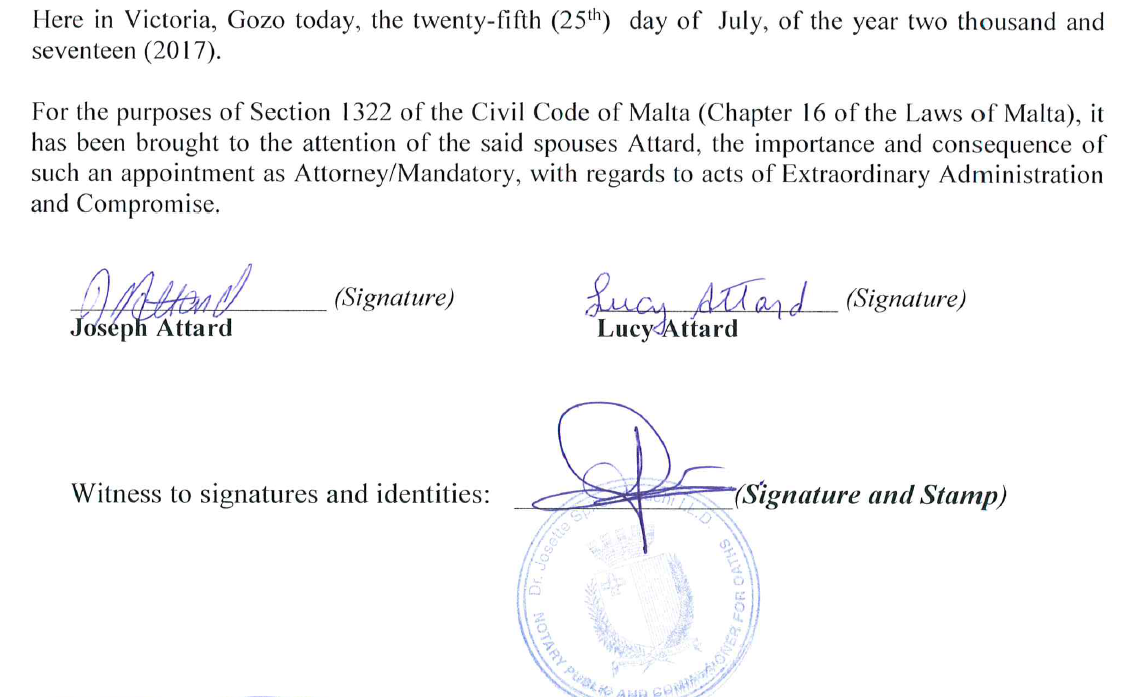Adrian Delia lies to the Times of Malta about that €7.2 million deed of constitution of debt with HSBC
The Times of Malta has spoken to Adrian Delia about his debts. And my reaction was: why in God’s name would a journalist go in for an interview like that without being prepared, without showing the deed of constitution of debt, which this website published in full, to a banker, a notary, a lawyer, or an accountant to ask them what it means before interviewing Delia?
I explained what it means, on this website, but I don’t expect my fellow journalists to believe me, even though I have the knowledge background in these matters to know exactly what I’m talking about. I do, however, expect them to find out for themselves before they interview a person. This is basic good practice.
I am fascinated by the way Maltese journalists approach interviews as a way of finding out about the politician. What sort of rubbish is that? They go in with an open mind and no information, and begin asking their interviewee questions to find out the very things they should have found out independently before the interview began.
The way to do an interview is to first find out everything you can about the man or woman and then go in there and hold him or her to account on what you’ve found.
I mean, for heaven’s sake, just look at this:
Asked whether this arrangement made him personally responsible, together with other company directors, for the outstanding multimillion-euro debts, Dr Delia said it was not the case.
“The loan refers to a company. The assets of the company by far supersede the debt. As stated, however, should he [Dr Delia] be elected as leader of the Opposition, he would sell his nine per cent shareholding in the company and, consequently, extinguish all obligations,” his spokesman said.
You ask Delia whether he is personally responsible? You tell Delia that he is personally responsible. These are not matters of opinion; these are facts. You take that deed of constitution of debt to a notary, a lawyer, a banker or an accountant, and you ask him or her: “Does this piece of paper mean that Adrian Delia and his wife are now personally liable – that is, in their personal capacity – for €7.2 million?”
And the banker/lawyer/notary/accountant will say: “Yes, jointly and severally.”
Then you ask him/her to explain what “jointly and severally” means, and he/she will tell you: “It means that the bank can choose to go after just one of the signatories for the entire amount and not bother with the others. In other words, it can go after Adrian Delia and his wife, only, and not bother going after Georg Sapiano and his wife, or after those other signatories in Gozo.”
Then the interviewer should go to Delia and, instead of asking him whether he is personally liable (because he now knows for a fact that he is), frame his question this way: “You and your wife are personally liable for a €7.2 million debt to HSBC on a business venture that went bad. What do you plan to do about this?”
Delia will bullshit about how that’s not quite true and how he isn’t personally liable, and the interviewer can then say, “Well, actually, you’re not being honest there. I ran this deed past a notary and a banker before I came here, and you clearly are personally liable.”
Had the interviewer even bothered to read the deed of constitution of debt himself, before conducting the interview, he would know that Delia requires HSBC’s permission to sell his shares in the company to which the giant debt pertains, so he is unlikely to get it. He will also know that HSBC, through that deed, has gained the right to scrutinise and object to all movements of anything Delia and his wife own. In other words, they can’t even sell shares in other companies without the bank getting involved.
Had the interviewer bothered to read that document before interviewing Delia, he would also have known that even if Delia sells his shareholding in Mgarr Developments Ltd, this will not “extinguish all obligations” as he falsely claims, because THE CONSTITUTION OF DEBT MAKES THE DEBT INCUMBENT ON HIM PERSONALLY AS A SURETY.
Whether he sells his shares or not, because of that document which he hoped he could hide from the public and the Nationalist Party, he now owes the money PERSONALLY and that means he will continue to owe it even if he sells his shares (which he will not be permitted to do anyway).
Another point which the interviewer allowed him to get away with: whether he owes 9% of the company or 50%, it makes absolutely no difference. He and the other shareholders are equal sureties in their personal capacity: they are jointly and severally liable which means that, regardless of the size of their shareholding, the bank can foreclose on any one of them for the full €7.2 million.
I think it is absolutely tragic that Maltese journalists in the main known zilch about these matters and don’t even bother trying to find out. That’s why these crooks get away with murder.
I’m uploading the deed of constitution of debt again below. The PDF copy of the deed is too heavy to upload, but should any journalist, politician, party member with a vote, or other interested party want a copy in PDF format which can be printed, they can email me at dcgalizia@gmail.com and I will email them a copy.
